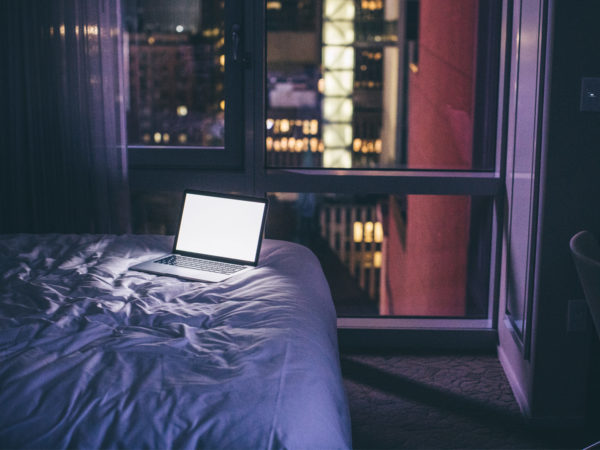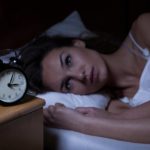Will Light At Night Cause Depression?
I remember reading that exposure to light at night while you sleep can increase risk of breast cancer. Now I hear it can also cause depression. How is this possible?
Andrew Weil, M.D. | May 18, 2018

In recent years, several animal studies have suggested that exposure to light at night can lead to depression. One, from Ohio State University, found that hamsters exposed to dim light at night developed depressive symptoms, including lack of energy and motivation as well as less interest in drinking the sugary water the animals normally enjoy. The hamsters returned to exhibiting normal behavior after the night-light was turned off.
More recently, a human study from Japan linked depression and exposure to low-level light at night among a group of 863 seniors, none of whom had any signs of depression when they agreed to participate. The researchers assessed levels of exposure to light at night in the bedrooms of all the study participants by using light meters placed at the head of their beds. Then they followed all participants for two years, during which 73 developed symptoms of depression. When the investigators reviewed the amount of night light these people were exposed to, they found that depression was associated with 5-lux or more – the amount of light you’d get from a television that’s on in a darkened room. The results didn’t reveal what length of time exposure correlated with depression; the Ohio State hamsters’ symptoms showed up after four weeks of 5-lux light at night. The Japanese team reported that their study participants who slept in completely dark rooms were less likely to develop signs of depression than those who were exposed to 5-lux or more of light at night.
Study leader Kenji Obayashi, M.D., Ph.D., suggested that light at night might affect the body’s internal clock by interfering with secretion of melatonin, which could have psychological consequences. The study was not meant to determine cause and effect.
Dr. Obayashi also said that while the average age of the participants was 71.5, the effects of light at night might be greater on younger people whose eyes are more sensitive. He advises shutting out as much light as possible when you go to sleep. I agree. Try to sleep in a room that’s as dark as you can make it.
The link between light at night and breast cancer has to do with outdoor light. Researchers at the Harvard T.H. Chan School of Public Health looked at data from 110,000 women and concluded that certain women exposed to the highest levels of outdoor artificial light at night had an estimated 14 percent increased risk of breast cancer compared to those with the least exposure.
Andrew Weil, M.D.
Source:
Kenji Obayashi et al, “Bedroom Light Exposure at Night and the Incidence of Depressive Symptoms: A Longitudinal Study of the HEIJO-KYO Cohort.” American Journal of Epidemiology, March 1, 2018, doi.org/10.1093/aje/kwx290











